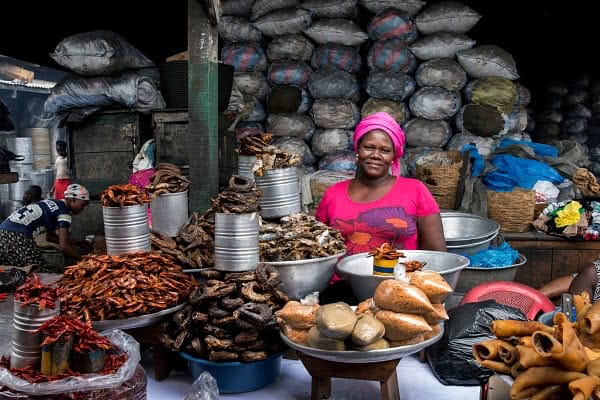In 2012, WIEGO launched the Informal Economy Monitoring Study to understand how home-based workers, street vendors and waste pickers are affected by economic trends, urban policies and practices, value chain dynamics, and other economic and social forces. The study examined contributions made by workers, their linkages to the formal economy, and which governments, institutions and membership-based organizations helped or hindered their work and lives.
Coordinated by WIEGO, study partners included: Asiye eTafuleni (South Africa), Asociación de Recicladores de Bogotá (ARB) (Bogota), Consorcio de Investigación Económica y Social (CIES) (Peru), FEDEVAL (Peru), HomeNet Pakistan, Instituto Nenuca de Desenvolvimento Sustentável de Belo Horizonte (INSEA/BH) (Brazil),; Institute of Statistical, Social and Economic Research (ISSER) (Ghana), Kagad Kach Patra Kashtakari Panchayat (KKPKP) (India), Kenya National Alliance of Street Vendors and Informal Traders (KENASVIT) (Kenya), Self-Employed Women’s Association (SEWA) (India), and StreetNet Ghana Alliance.
